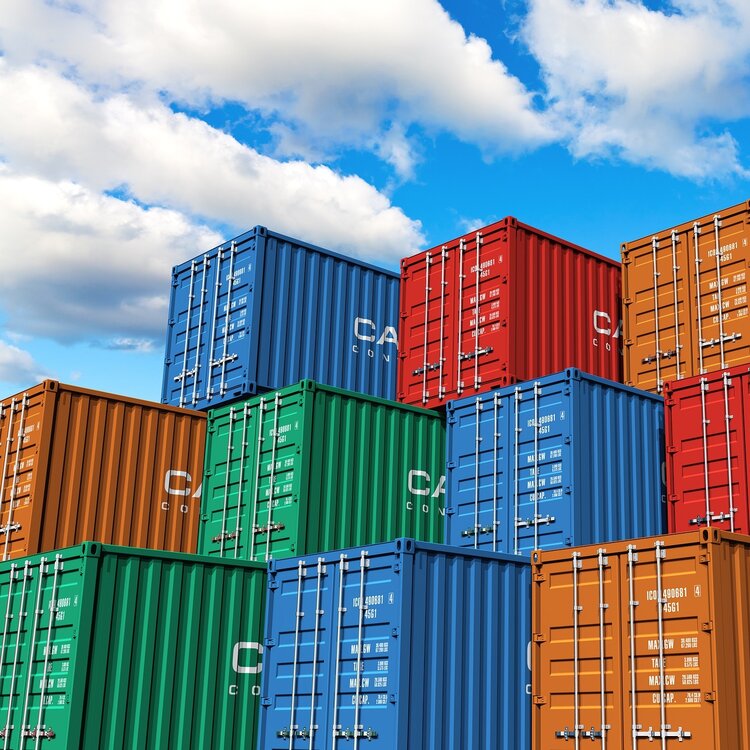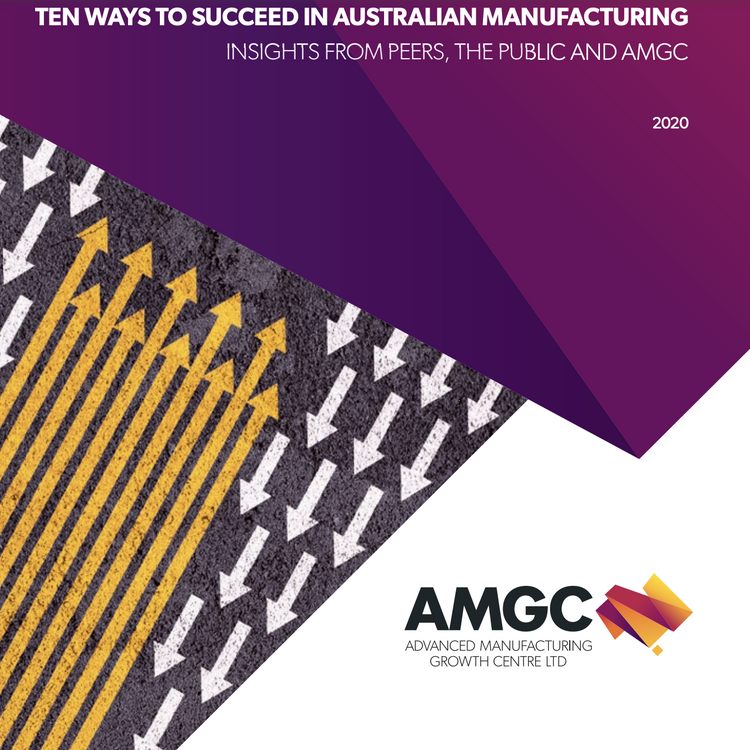Leadership in trade, a key to economic recovery
We are now threequarters of the way through 2020 and many things have changed due to COVID – 19. The Australian economy declined by 7% in the April-June quarter – the largest fall since the Australian Bureau of Statistics began compiling records in 1959. Domestic consumer spending fell by 12.7 per cent. And it is unlikely to make any significant rebounds in the near future.
Australian goods and services exports fell by 4% to around A$34 billion between June and July. In particular, rural exports declined by 15% and services exports fell by 12%. Total exports declined by around 12% since the beginning of the year (between January and July).
But what you do not pick up from these figures, are the struggles of SME exporters due to COVID-19 and the lockdowns. Further, we have not yet seen the full impact of the declining trade relationship with our major trading partners, (specifically China).
Trade plays a vital role in Australia’s continued economic success, with over one quarter of our economic growth over the past 5 years generated by trade and one in five jobs relating to trade.
If economies do not start to open soon, many small -and medium- sized businesses, family run-owned business, SME exporters will shut down permanently. There are some new to exporting, that made million-dollar investments in December-January, only to see all prospects disappear due to COVID-19. Others have been in business for many years, but still lost all their buyers. They are keeping staff on board with JobKeeper (government assistance), but this is not proving sufficient, and they are unclear about how long they can hold on.
And there are the lucky ones, where demands for their products increased, but had challenges accessing supply inputs and limited shipping options. Also, we have exporters in the services sector, that have been able to deliver their offerings on-line. However, a key problem, for those still able to operate, is getting their goods on ships and planes, and when they do, it is costing them 7-10 times what it would normally cost them.
We welcome the recent announcement by the Federal Government in backing Australian businesses to grow their exports and create jobs through reforms to the Export Market Development Grants (EMDG) scheme, after an independent review of financial assistance for small and medium enterprise exporters. The EMDG scheme is a key Government financial assistance program to help aspiring and current exporters increase their marketing and promotional activities in international markets. Last year alone over 4000 Small and Medium Enterprises accessed the EMDG scheme, employing almost 69,000 Australians and generating exports worth $3.7 billion. Federal Trade Minister Simon Birmingham said better assisting Australian exporters to enter new markets or expand their presence in existing markets would be critical to boosting export activity and supporting Australia’s economic recovery from COVID-19.
However, we urge the government to include more trade-specific initiatives in its forthcoming budget. Please read our recent Media release.
As the voice for Australian exporters the Export Council of Australia recognises the challenges and constraints faced by the government but, now more than ever, they need to lead here and internationally. The government must take immediate action towards a comprehensive and practical trade-led economic recovery.
We look forward to working constructively with the Australian Government and other stakeholders in order to assist our members and fellow Australians through these difficult economic times.










